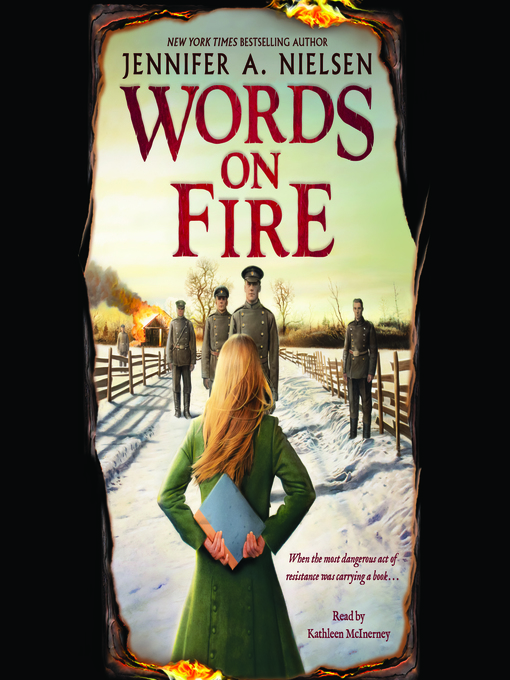

This makes it hard for the reader to have a real emotional connection with her.īut there's enough of a story here, in an unusual time and place, to hold the interest of kids who enjoy historical fiction, and cleverly introduces some literary concepts like symbolism through the story-within-the-story of the girl, the snake, and the bear. Instead, she mostly just keeps repeating that books are important because they keep culture, history, language, and ideas alive. The plot is steady, but neither it nor main character Audra have much spark or punch to them because Nielsen doesn't take advantage of the important moments to really show Audra's changing understanding and appreciation of books.

Nielsen doesn't bring much fire to her words in this unusual story with a lot to teach about the importance of books and literature. Also explored is the way writing and telling stories not only communicates ideas and preserves the past but also empowers the writer or teller of the stories.


Parental separation is also a prominent theme. Strongest themes and messages are about the importance of books and stories as ways of preserving heritage and keeping ideas and dreams alive. Punishment for having books in Lithuanian was harsh, and there are brief but not gory descriptions of beatings, whippings, drownings, and burning books and homes. Nielsen's Words on Fire is a historical novel about Lithuania in the late 1800s, when Russia invaded and tried to suppress the people and their cultural identity by banning Lithuanian books and making Russian the official language. Lots of scariness and dread from trying to avoid or escape from the occupying soldiers, being chased, being tied up, and taken to jail.ĭid you know you can flag iffy content? Adjust limits for Violence & Scariness in your kid's entertainment guide. Parental separation and fear of loss is a strong theme. One attempted drowning is briefly described and unsuccessful. One brief description of being beaten on the back with a stick mentions blood but doesn't describe it. There's no gore and very few direct descriptions of violence, mostly the sound of gunshots or of someone being hit. They break down doors, hit people with rifle butts, whip them, drown them, and burn houses, villages, and books. Occupying soldiers enforce laws that suppress the local people, their culture, and their language.


 0 kommentar(er)
0 kommentar(er)
